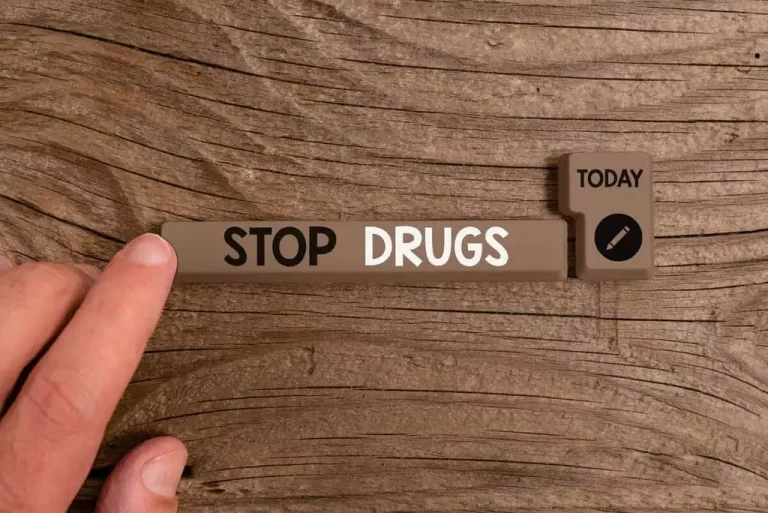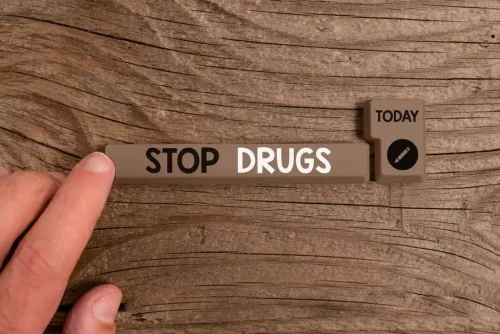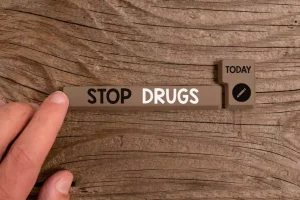
They can help you with an assessment and provide further resources for help and recovery. Using multiple forms of treatment is often more effective than just using one. Addiction can happen to anyone, and anyone who takes opioids can be at risk for developing an opioid use disorder.

Is there treatment for heroin withdrawal?
Heroin heroin addiction treatment use disorder is often marked by the need to take more heroin as your body develops a tolerance. Your susceptibility to substance use disorder can depend on your individual biochemistry, genetics, and any underlying health conditions. Additives in heroin can also coagulate and clog blood vessels, such as arteries and veins.
A controversial but effective treatment for meth addiction gains ground

Once a person has developed a tolerance to a drug, it takes a larger dose to experience the same effects. If the same dose they took before they went through withdrawal is taken again after or during, there is a strong chance of an accidental overdose. When people stop using heroin, they will experience withdrawal symptoms if they have become physically dependent on the substance.

What does heroin feel like?
Amphetamine microinjection selectively enhanced lever pressing for sucrose by the CS+ auditory stimulus, but not by the CS- auditory stimulus, indicating that amphetamine selectively enhanced the motivational element, ‘wanting’. Therefore amphetamine had no effect on, or perhaps decreased, ‘liking’, but enhanced ‘wanting’, providing experimental evidence for the dissociation of the two which forms the basis of the incentive. Rats were given repeated local injections of amphetamine into either the cell body region of the mesolimbic pathway in the VTA, or the terminal region in the nucleus accumbens. Many studies have been undertaken in experimental animals, particularly rats and mice, but also primates, to investigate the neural circuitry underlying addiction. These mostly focus on pathways controlling reinforcement and motivation often termed the reward pathway. However, at present we do not fully understand how these mechanisms are controlled.
- It can also give them skills for coping with stressful events in life.
- Addiction refers to the compulsive, uncontrollable use of a substance despite the harm it causes.
- See a physician as soon as possible before or after beginning the withdrawal process.
- If you snort heroin a lot, you may damage the lining of your nose or airways.
Certain drugs are easier to get addicted to, including heroin and other opioids. Because the drug triggers the release of the feel-good chemical dopamine, you can get addicted easily. Even after you use it just one or two times, it can be hard to stop yourself from using it again. Your brain may not get enough air if you take a drug that can slow your heart and breathing rate way down.

Heroin Withdrawal Symptoms, Timeline & Detox for Heroin
- Two groups of synthetic drugs — synthetic cannabinoids and substituted or synthetic cathinones — are illegal in most states.
- As widespread as heroin has become, it can still be difficult to detect when someone is using the drug.
- Your treatment depends on the drug used and any related medical or mental health disorders you may have.
- People with a history of heroin addiction may develop kidney, liver, or heart disease because of their drug use.
- Attempts to stop drug use may cause intense cravings and make you feel physically ill.
- Available 24/7 for a free and confidential conversation, AAC staff can discuss payment options and treatment particulars.
You may experience slow gastric emptying and effects, such as vomiting and constipation. Because of these effects, heroin has a high potential for misuse. We do not receive any commission or fee that is dependent upon which treatment provider a caller chooses.
How to get support
Whether you are getting support at home from someone you trust or going to a treatment facility, you should have the support you can rely on as you go through withdrawal. Having someone with you can ensure that you are safe and have someone to talk to about what you are experiencing. Heroin can be abused in a variety of ways; it can be injected intravenously, inhaled in powder form, or smoked. Addiction refers to the compulsive, uncontrollable use of a substance despite the harm it causes. The self-help support group message is that addiction is an ongoing disorder with a danger of relapse.
How does heroin affect the body?

Other strong risk factors for drug misuse include mistreatment as a child, family history of substance misuse, and a personal history of mental illness or drug use. Your medical team can help you find the treatment plan that works best for you. Experts say this medication-assisted treatment (MAT) is the “gold standard” of care for people who have heroin addiction. If you suspect that you or someone you care about has a heroin addiction, talk with a professional. This can include a mental health professional like a licensed drug or alcohol counselor or a social worker, physician, or psychiatrist.
